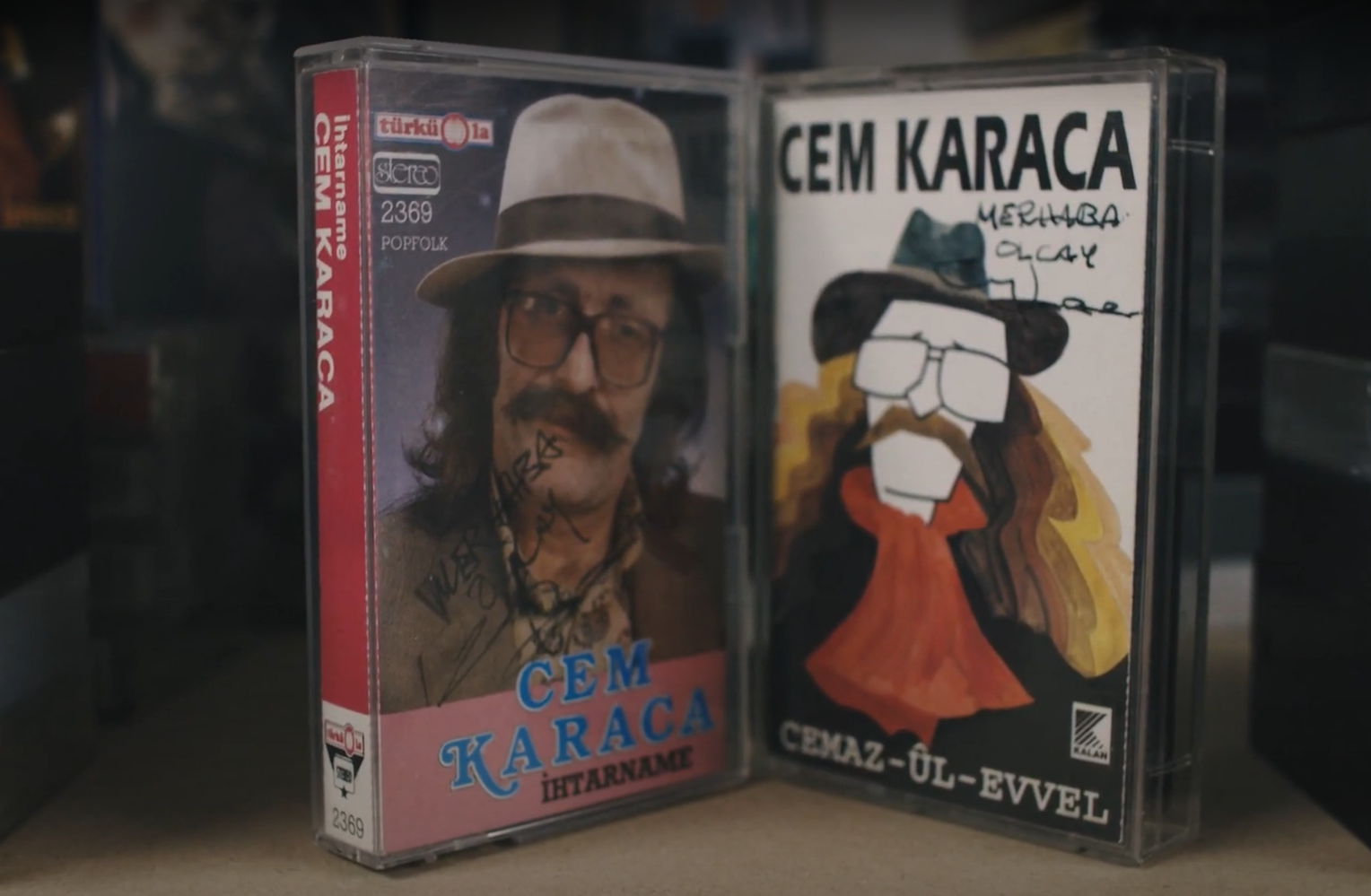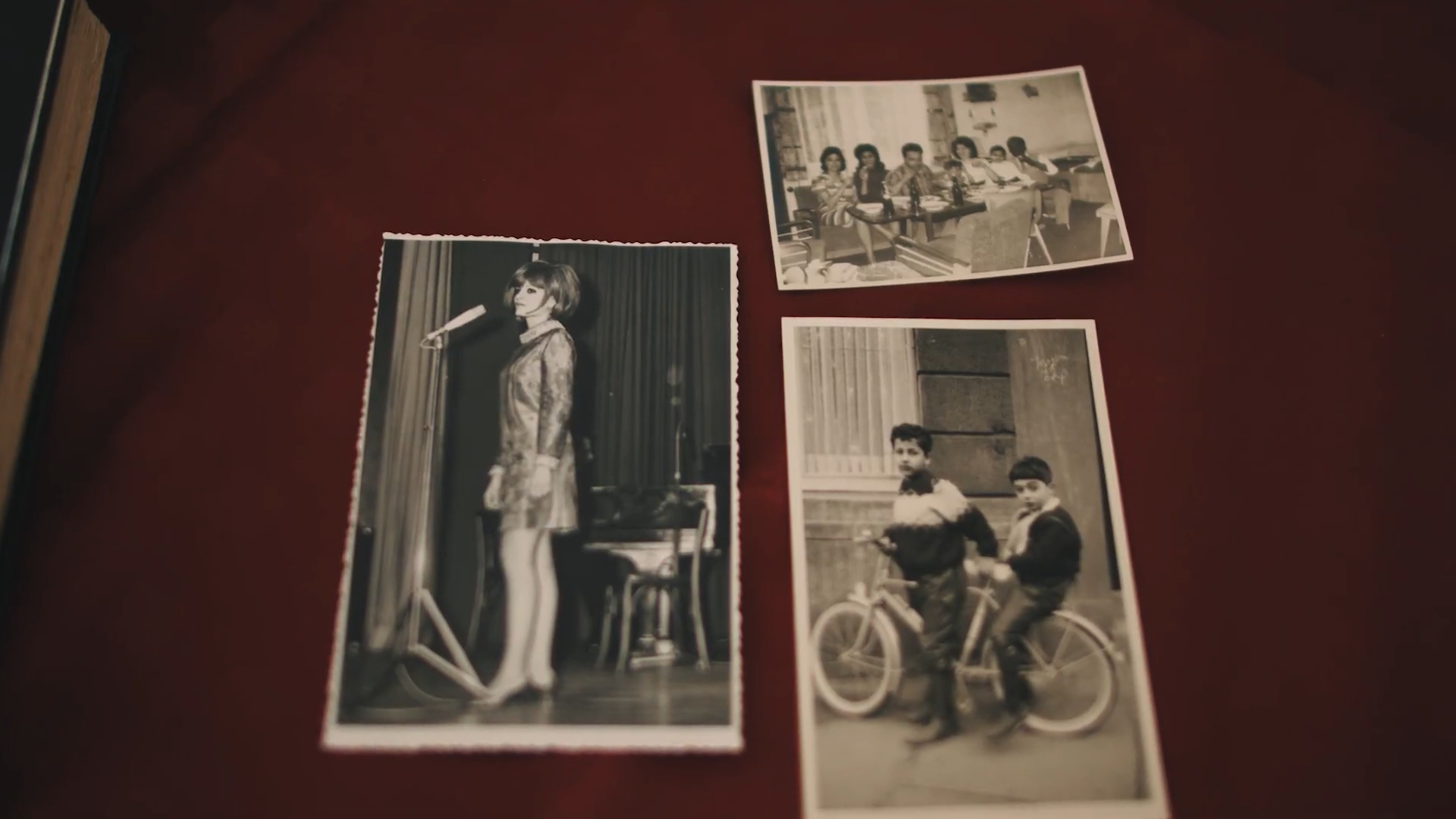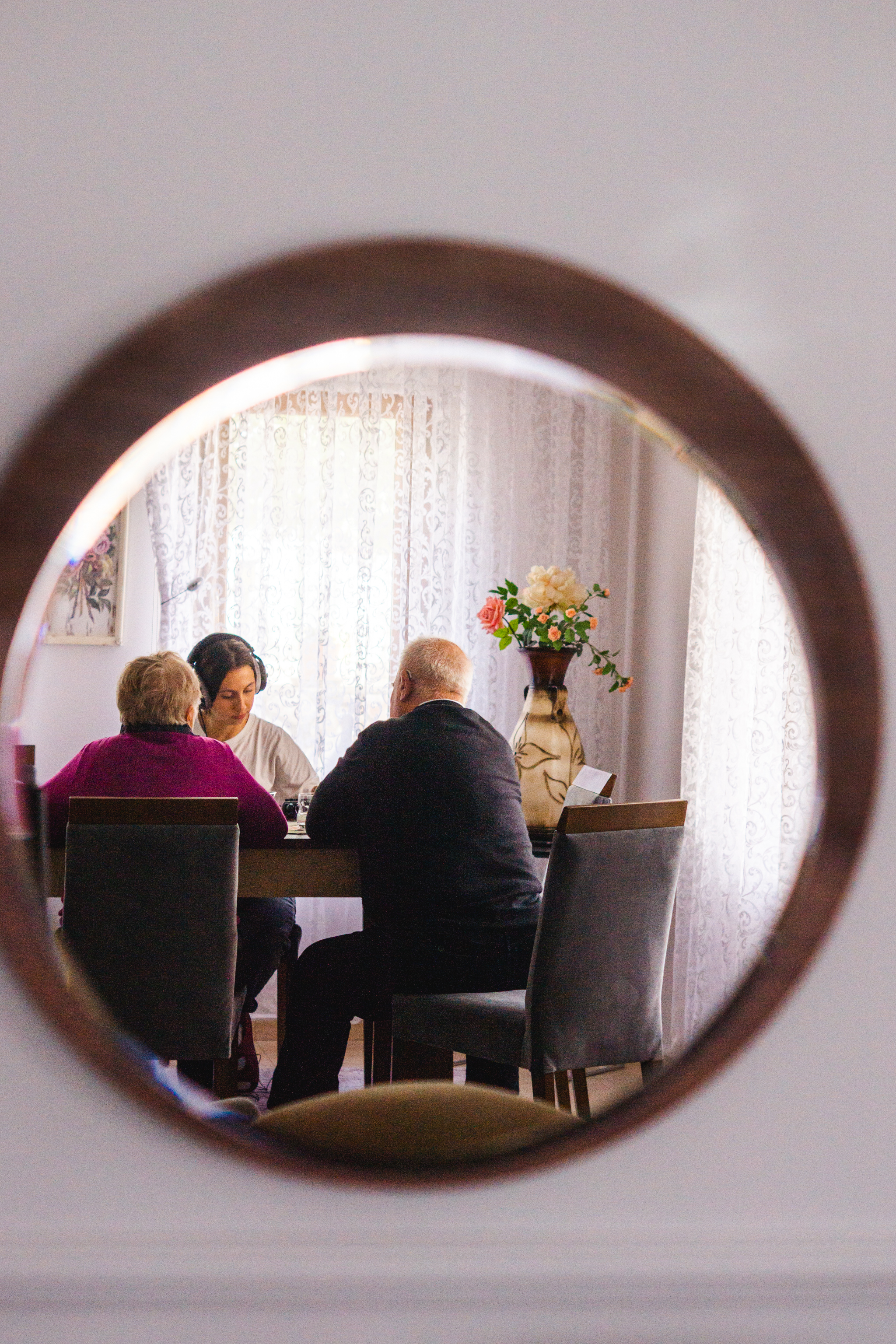en
- de
- en
What is Habibi Funk?
Habibi Funk is a project launched in 2015 by Berliner DJ Jannis Stürtz. He is the co-founder of the Jakarta Records label and his activity as a “digger” led him to create this sub-label named Habibi Funk Records.
During his travels in North Africa and the Middle East, Jannis discovered a very rich diversity of locally produced 'Popular Music' from the 70s and 80s which were, in some cases, unrealised records. That’s how he concieved the idea to reissue these records.
According to Jannis, a reissue label’s work is
“Not so different from any other record label I guess. But in general, I’d say a reissue label ideally is a bridge between music that is under-represented, under-distributed, and kind of forgotten about and the new audience. I guess this is our primary goal, to find music that we like and then go through a number of tools to make this music appeal to a wider audience.”
The musical discoveries led him to deepen his research to the point of meeting the artists and/or their families for which he traveled to Algerian, Tunisian, Lebanese and Sudanese villages.
The (re)discovery of a Sudanese jazz treasure
One of these quests was to find Kamal Keila, a main figure of the Sudanese jazz scene, coined the James Brown or Fela Kuti of Sudan. Kamal Keila had released one album in the 1960s which unfortunately wasn’t preserved and remains yet to be found. However, he had recorded sessions for Sudanese radio. At the time, the local radio stations were not allowed to play the recordings produced by music labels on air. Therefore, they used to invite musicians to record music for their program in their own studios, but rarely gave the musicians a copy of these recordings.
However, when Jannis met with Kamal Keila, he had apparently managed to recover tapes of one of his performance on Sudanese radio in 1992. These tapes were in horrible conditions, even covered in mold, but they turned out to be exploitable.
This is how in 2018, Habibi Funk Records released for the first time ever a compilation of 10 groovy tracks by Kamal Keila. The compilation gathers two sessions of 5 tracks each, one in Arabic and the other in English, with socially and politically committed lyrics. It is titled Muslims and Christians.
Kamal Keila: Agricultural Revolution
From curation to promotion: giving access to the diversity of MENA musical heritage
The label’s activity can be described as discovering, restoring, preserving, curating and above all promoting. Which is very similar to the role of the museums. As intangible heritage, music is equally important as the artifacts. Habibi Funk helps in bringing some 'great bands' music to digital platforms.
“Our work with Habibi Funk is like a big treasure hunt. There are too many great bands that fully vanished into obscurity and didn’t leave any traces in the digital sphere yet. We are so used to the internet providing all information we might be looking for, but Carthago was one of those bands where the internet largely failed to provide any info despite the fact that Carthago created some incredible music in the form of a highly infectious Tunisian take on disco music. Fortunately most of the members of the 1970s musical scene of Tunis are still around to tell their story."
In this quote, the label is referring to the Tunisian disco/funk group from the end of the 70s called Carthago.
To this day, Habibi Funk has released a total of 27 albums, original albums or compilations, in digital, CD and vinyl formats.
These musical releases explore diverse and varied genres, such as disco, funk, rock, jazz, reggae, RnB, electronic, etc. But above all, they explore the great diversity of the MENA region (Middle East and North Africa), characterized by ethnic, religious and linguistic diversity.
The label is committed to creating finely curated playlists available on streaming platforms for each of the following countries: Morocco, Algeria, Sudan, Lebanon, Egypt and Libya. These playlist go beyond the tracks released by the label and offer to explore many 'digged up' original titles. We are hoping to seeing more countries of the region to be represented there in the future.
Habibi Funk aims to be as fair and transparent as possible to avoid any orientalist stereotypical visual language and being exploitative to North African and Middle Eastern artists. In this effort, they have established contracts on a 50-50% profit sharing with living artists or families in case of deceased artists.
Expanding the horizon with Charif Megarbane
Habibi Funk is no longer limited to music made in the second half of the 20th century only. In 2023, the label released its first contemporary album thanks to collaboration with Lebanese multi-instrumental musician and producer Charif Megarbane.
His music belongs to a quite particular genre and Charif Megarbane describes it as “a vision of Lebanon and the Mediterranean expressed through the prismatic sounds of library music”, he even uses the term “Lebrary” (a play on words with Lebanon and Library). Library music is defined as illustrative/ambient music.
Please don’t stop the music!
Maha - Law Laffeina Al Ard
To conclude we chose to include one last track performed by a female artist, as they are currently scarce in the Habibi Funk catalog. So here is the title Law Laffeina Al Ard performed by Maha who is a noteworthy Egyptian singer from the 70s and 80s. It’s a pretty funky psychedelic, symphonic rock track, quite surprising and completely unique.
About the author
Hêvi Saado graduated at the Sorbonne University in Paris in Art History from the Islamic world. Interested in Arabic manuscripts and their iconography, her most recent research focuses on how Islamic Arts are exhibited in Germany in the perspective of the museum reopening in 2027. She wrote this story during an internship at the Museum for Islamic Art, spotlighting her passion for music.
More stories in our series music from the world
Electronic Hafla
Let's celebrate! حفلة (hafla) is the Arabic word for a party. Discover the exciting fusion of Arabic music and electronic beats.
BETWEEN RACISM AND FEAR OF RELEGATION - THE NEW TURKS ARE COMING!
The dilemma of being caught between two supposedly opposing cultural identities becomes more and more the subject of Gurbet Şarkıları (Songs from a foreign land) in the 80s.
FROM THE "FOREIGN" INTO THE MAINSTREAM
The preoccupation with one's own identity is becoming increasingly important in many migrant biographies and is reflected in many songs. At the same time, it can be observed that the musicians increasingly choose the German language to express their thoughts and feelings.
FROM FEATHER BEDS TO STRAW - THE LONGING BEGINS
The first guest workers from Turkey come to Germany and a longing journey begins.
Podcasts as a place of remembrance
Funded by KULTUR.GEMEINSCHAFTEN, "Erinnerungenschaften - der Podcast für türkisch-deutsches Erinnern" preserves post-migrant voices and allows people to speak who have experienced and shaped our common history.








